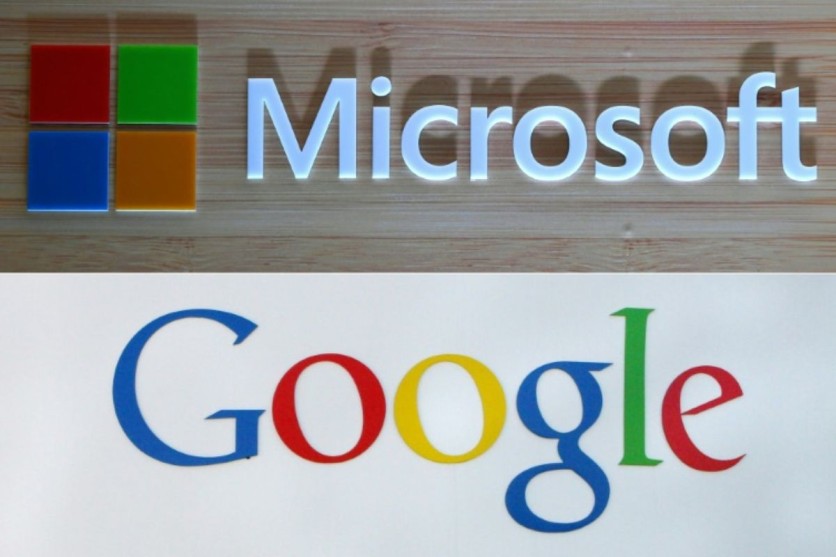
The race for artificial intelligence dominance is accelerating, with the world's leading tech giants making substantial investments. Dubbed Wall Street's 'Magnificent Seven', these companies are demonstrating unwavering commitment to AI expansion, reflected in their recent spending sprees.
Microsoft, Alphabet (Google's parent company), and Meta Platforms have announced increased capital expenditure plans for 2025, with expectations of even larger outlays in 2026. The stakes are high, with these firms aiming to outpace competitors and capitalise on AI's transformative potential.
Microsoft's Bold Investment and Growth
On 29 October 2025, Amy Hood, Microsoft's Chief Financial Officer, confirmed that the company, valued at $3.8 trillion, spent a record $34.9 billion on computing resources and data centre infrastructure to support AI demand. This represents a significant chunk of Microsoft's capital expenditure, highlighting its strategic focus on AI.
In the first quarter of fiscal 2026 (ending 30 September 2025), Microsoft reported revenue of $77.7 billion and net income of $27.7 billion — increases of 18% and 12% respectively compared to the same period last year (GAAP basis). Free cash flow also surged 33% to $25.7 billion.
Despite concerns over the high capital outlay, Hood assured investors that Microsoft's spending will continue. 'We now expect the fiscal year 2026 growth rate to be higher than fiscal year 2025,' she stated. The company's strategic partnership with OpenAI, including a $13 billion investment, remains central to its AI ambitions, though it resulted in a $3.1 billion reduction in net income this quarter.
Microsoft also returned $10.7 billion to shareholders through dividends and share buybacks, reflecting confidence in its long-term growth prospects.
Alphabet's Double-Digit Growth and AI Focus
Alphabet delivered impressive results, with revenue soaring 16% to $102.3 billion in the quarter ending 30 September 2025 — its first-ever $100 billion quarter. CEO Sundar Pichai highlighted the company's robust performance, noting that all major segments experienced double-digit growth.
Google Search, Alphabet's core business, generated $74.2 billion in advertising revenue, up 13% year-over-year. YouTube ads also increased 15%, reaching $10.26 billion. Pichai attributed the growth to AI-powered experiences that are encouraging users to return to Search, reversing a trend of declining engagement.
Looking ahead, Alphabet plans to increase capital expenditure significantly, with estimates rising from $93 billion in 2025 to a projected higher figure in 2026, signalling ongoing confidence in AI-driven growth.
Meta Platforms: Vision and Challenges
Meta Platforms, Facebook's parent company, forecasts even higher AI spending in 2026 than the estimated $72 billion for 2025. CFO Susan Li expressed optimism, stating, 'We are at an exciting point for our company.' She highlighted ongoing efforts to enhance core services and develop new AI-powered experiences.
However, Meta's recent financials reveal challenges. Its net income in Q3 2025 declined 83% year-over-year to $2.7 billion, reflecting the costs associated with AI development and strategic investments. Despite this, Meta remains confident in AI's transformative potential, with CEO Mark Zuckerberg emphasising that if Meta Superintelligence Labs can deliver even a fraction of their ambitious goals, it could mark the most exciting period in the company's history.
Rising Fears of an AI Bubble
Concerns about an AI bubble are mounting, even before the latest earnings reports from Microsoft, Alphabet, and Meta. Critics warn that the scale of investments could be unsustainable, risking a market correction.
The Bank of England has voiced similar concerns, warning of a forming AI bubble amid the rapid rise of valuations. It noted that the market share of the top five S&P 500 companies is nearly 30%, the highest in 50 years — a sign of market concentration and potential overvaluation.
With valuations for AI-focused companies stretching valuations and expectations high, experts warn that risks are increasing in this concentrated environment. While these tech giants believe that computing power and AI will define the next decade of technological advancement, the possibility of a bubble bursting remains a significant concern.
As 2026 approaches, the push for AI dominance among the world's leading tech giants shows no signs of slowing. Massive investments, strategic partnerships, and ambitious growth targets highlight their confidence in AI's transformative potential. However, the mounting risks and market concerns suggest that the sector's future remains uncertain. Investors and industry watchers alike will be monitoring whether the AI boom sustains or faces a correction in the coming months.
Originally published on IBTimes UK
© Copyright IBTimes 2025. All rights reserved.




